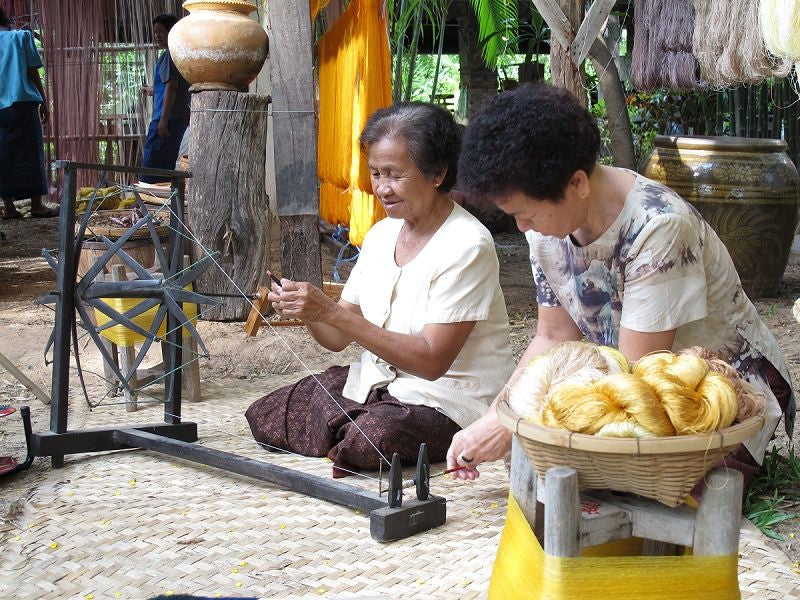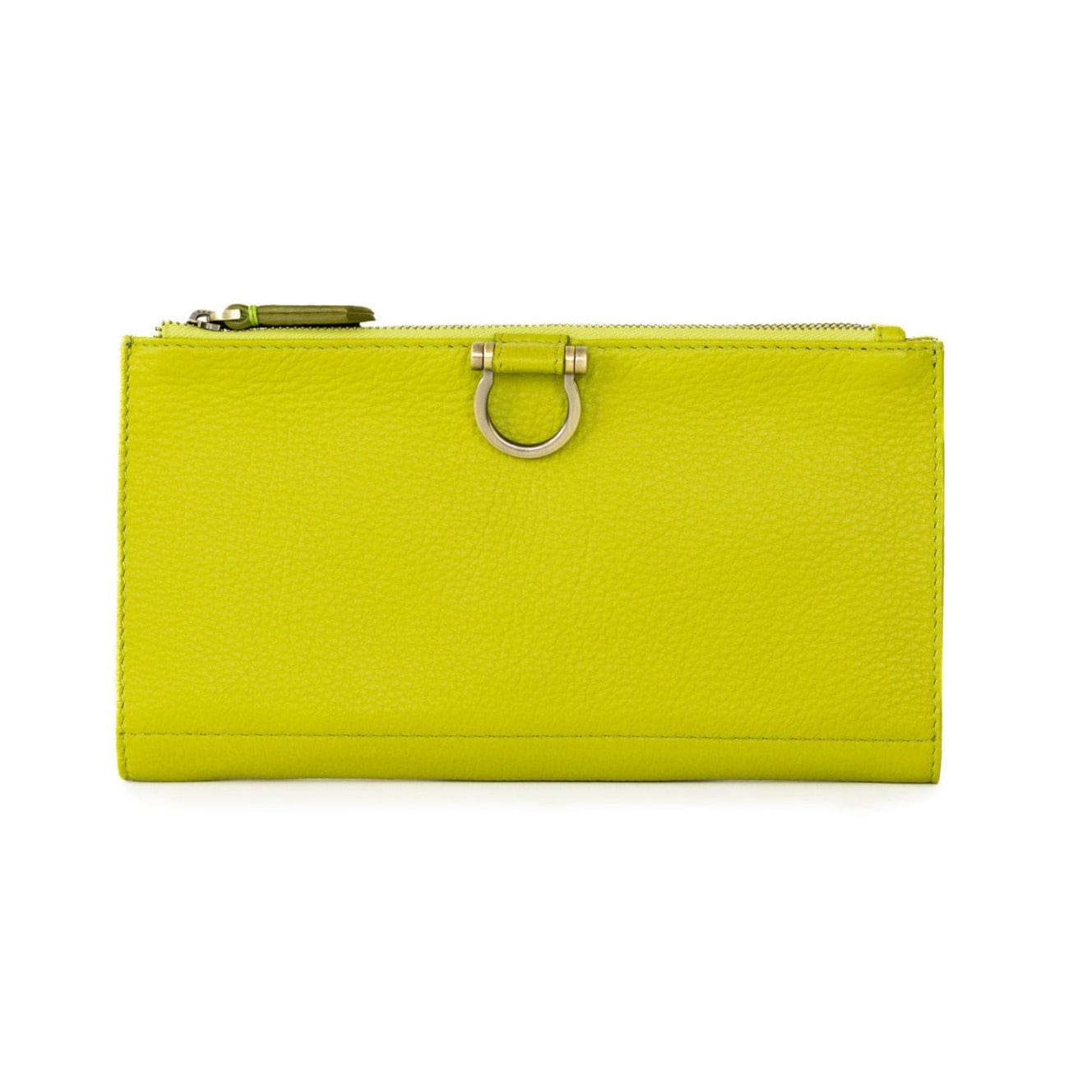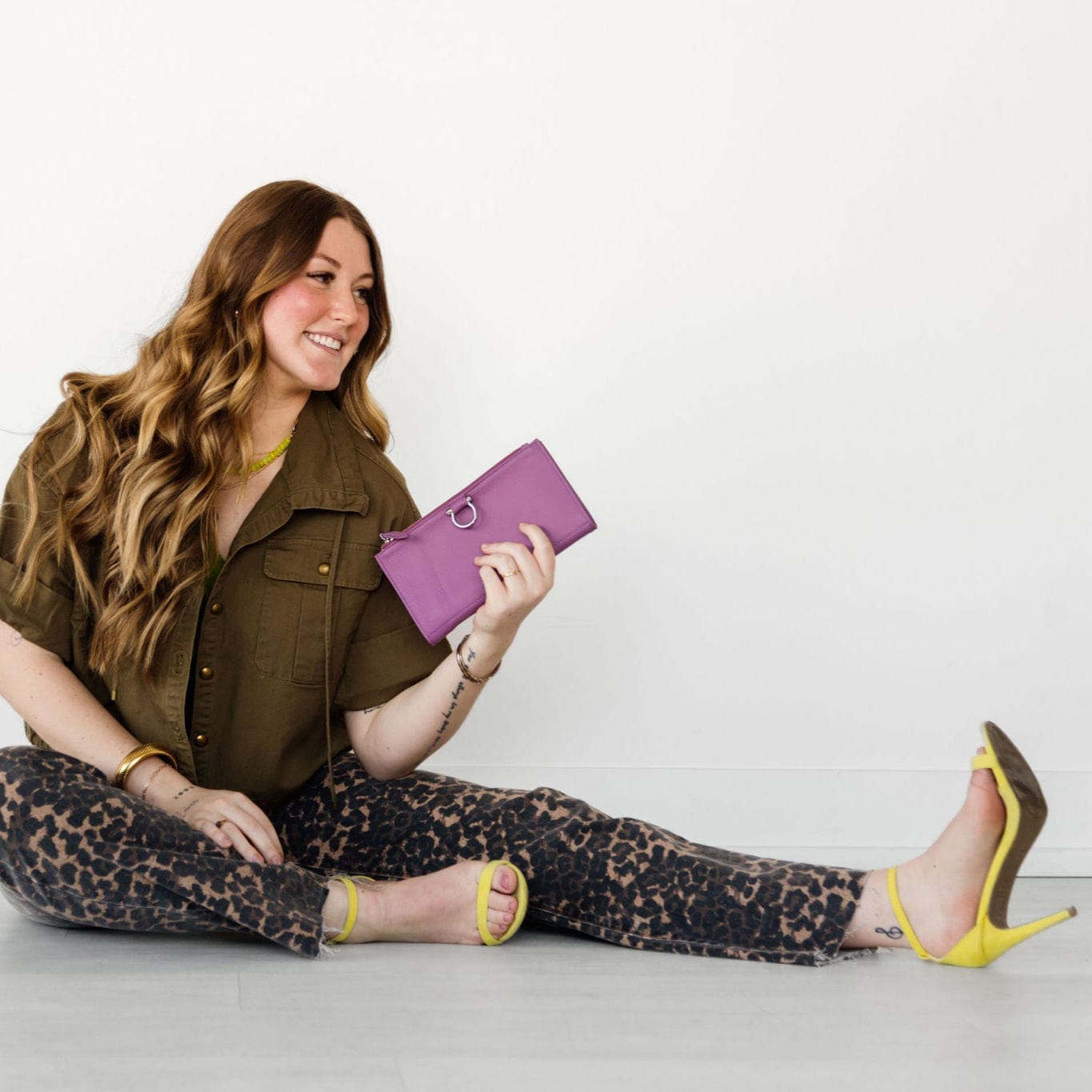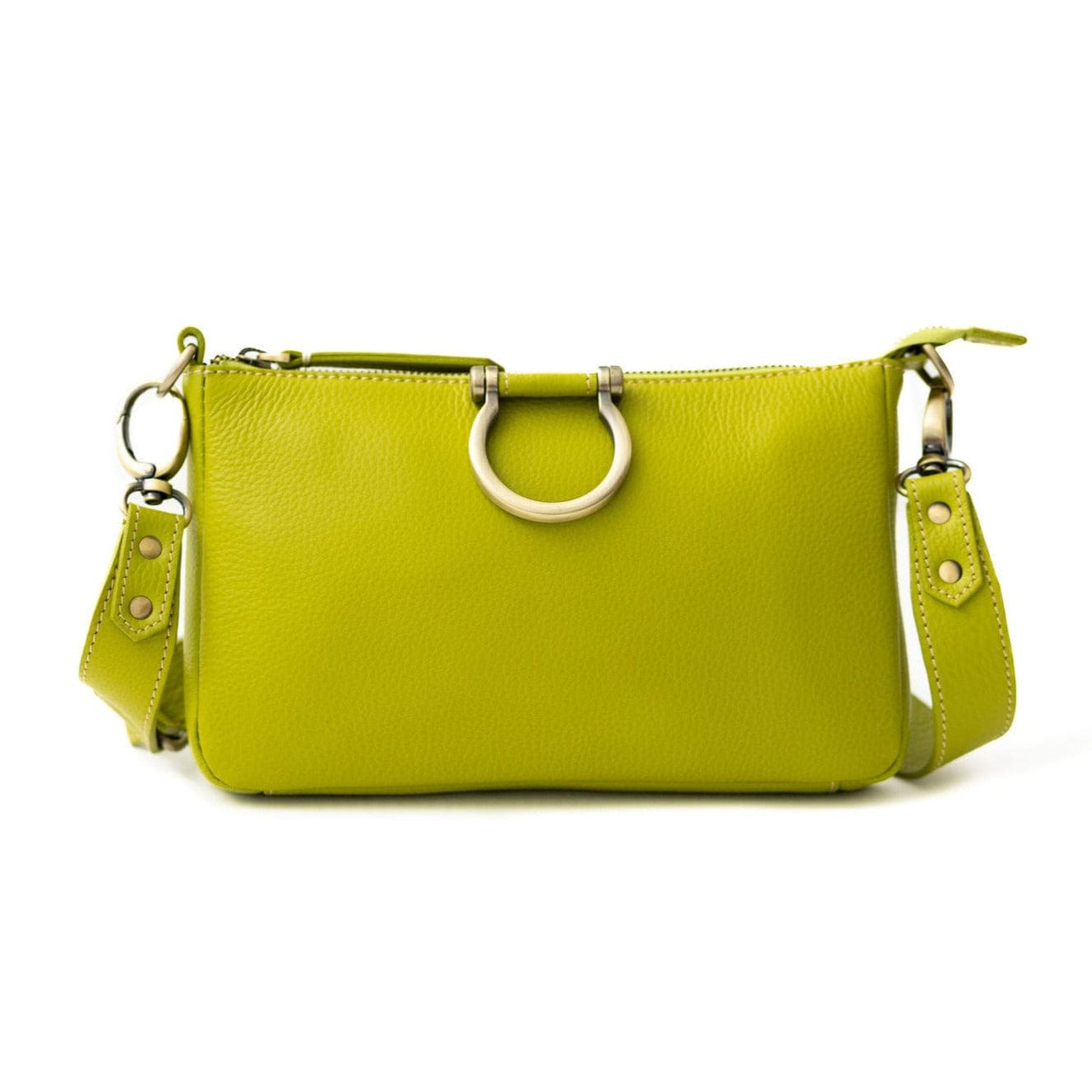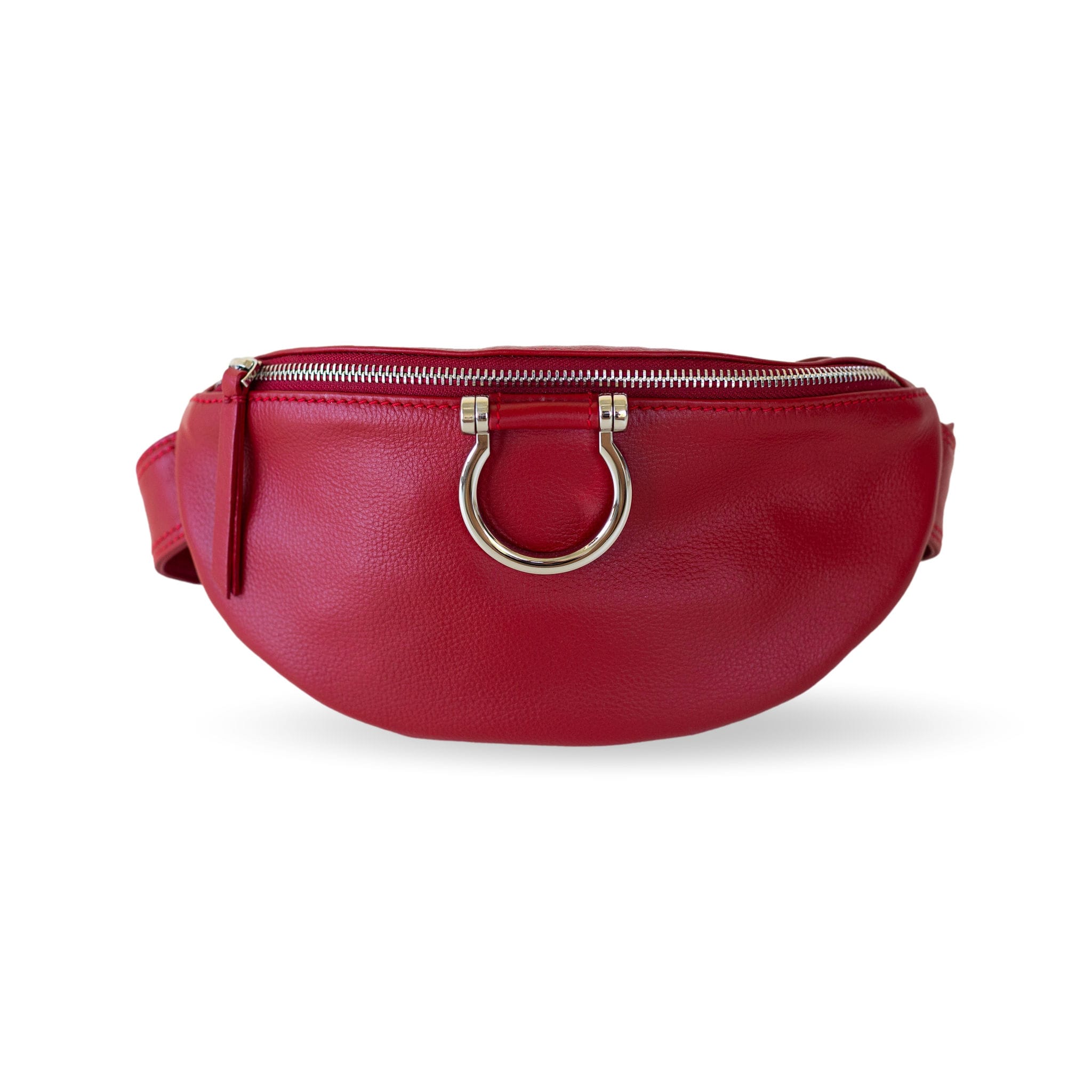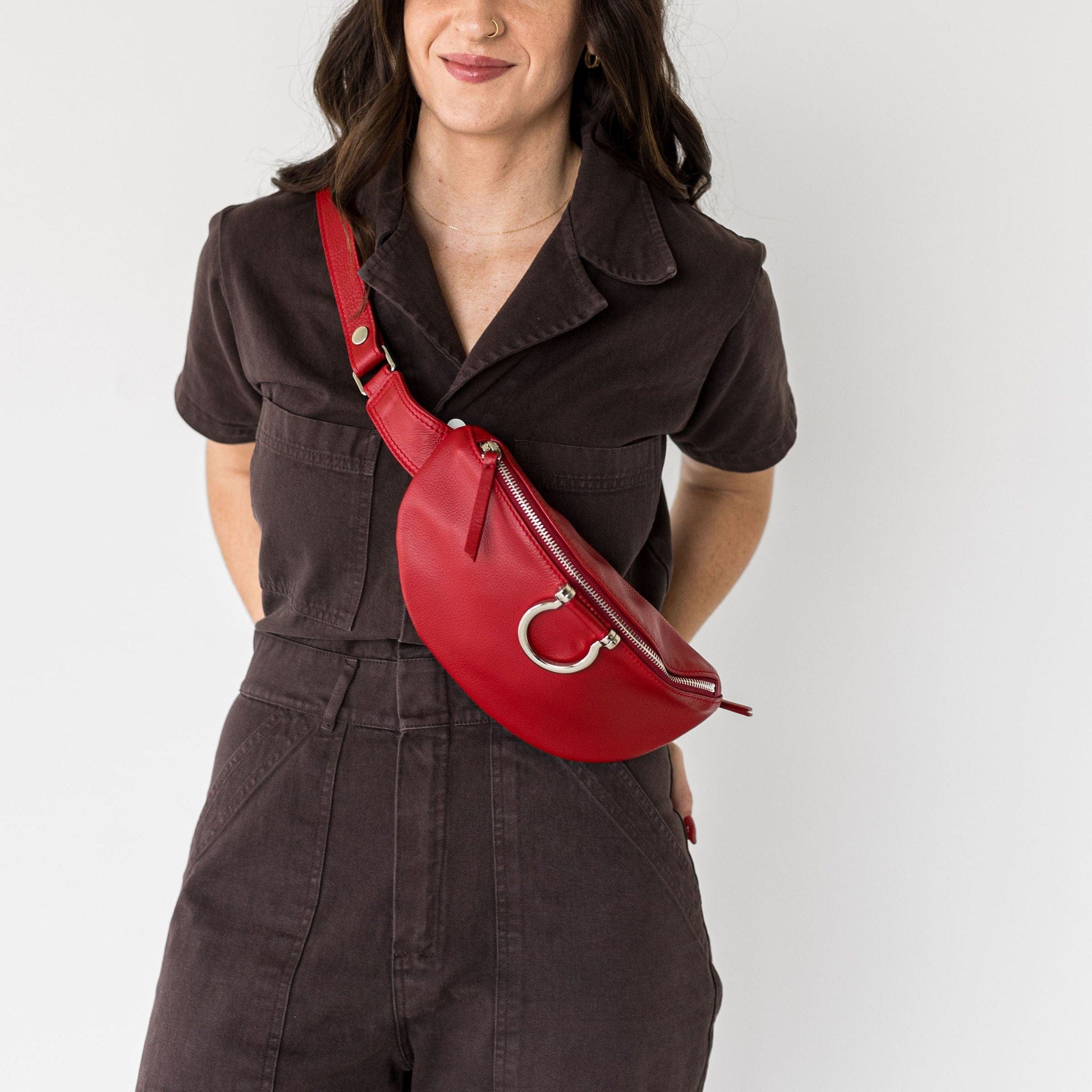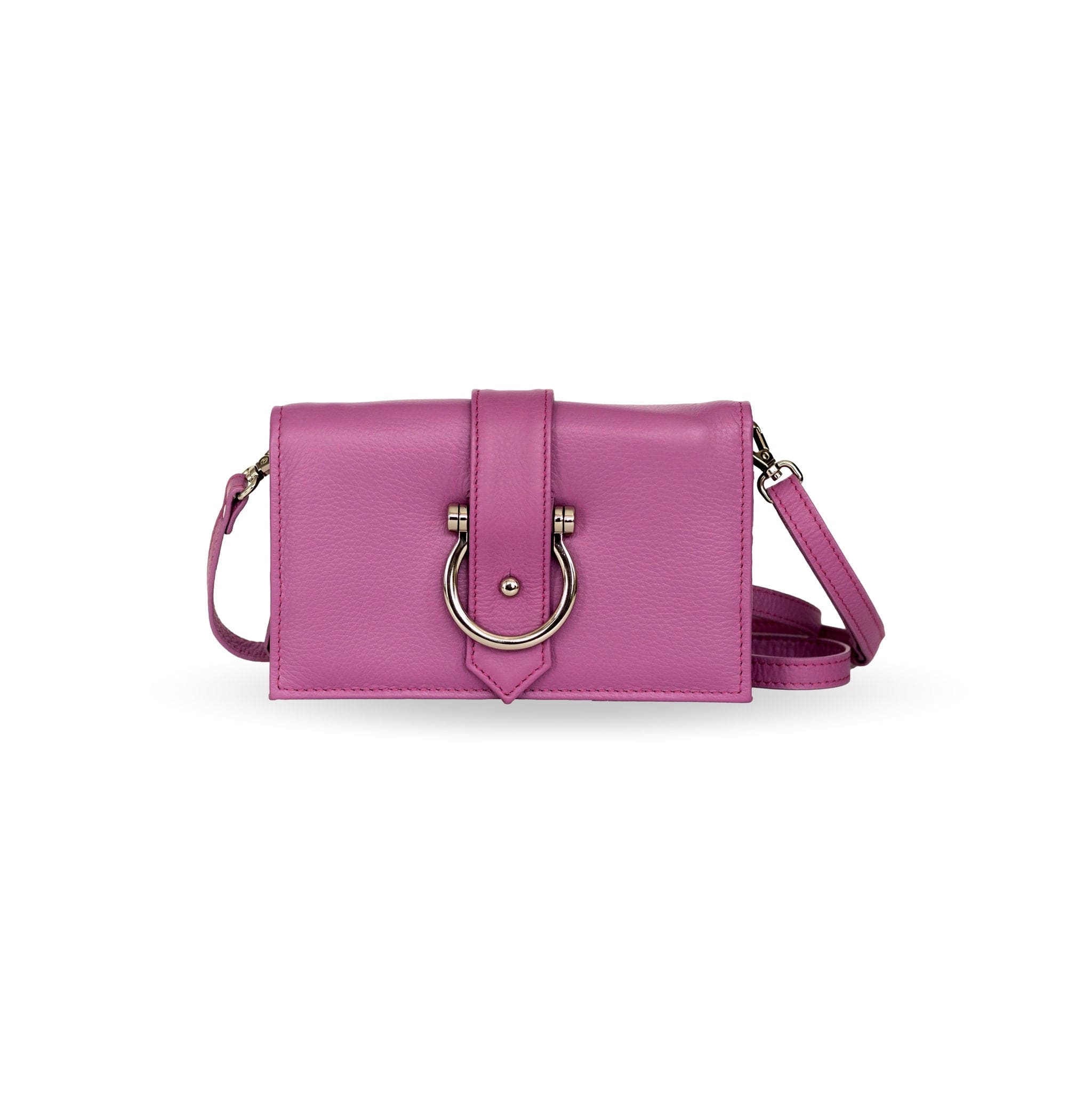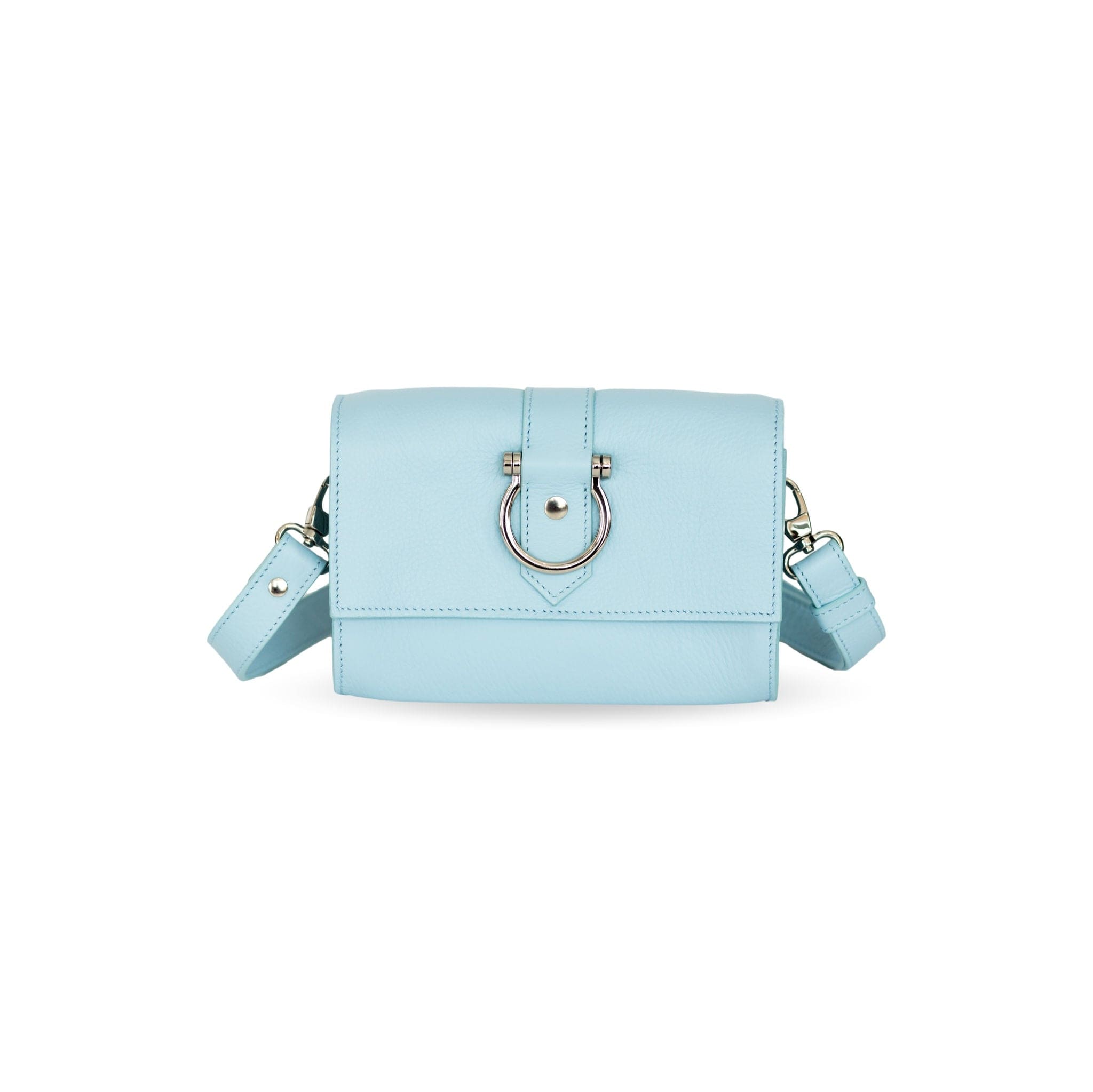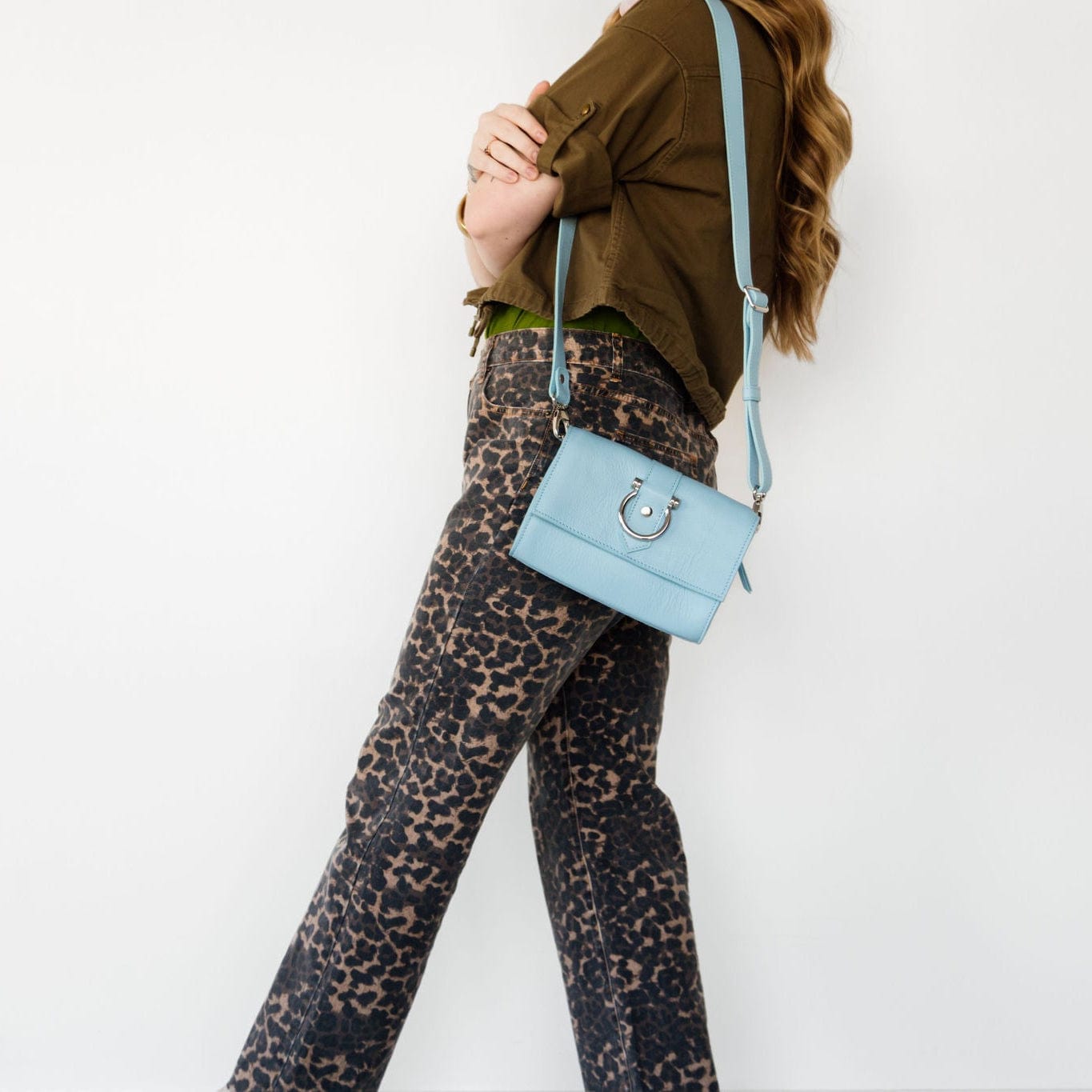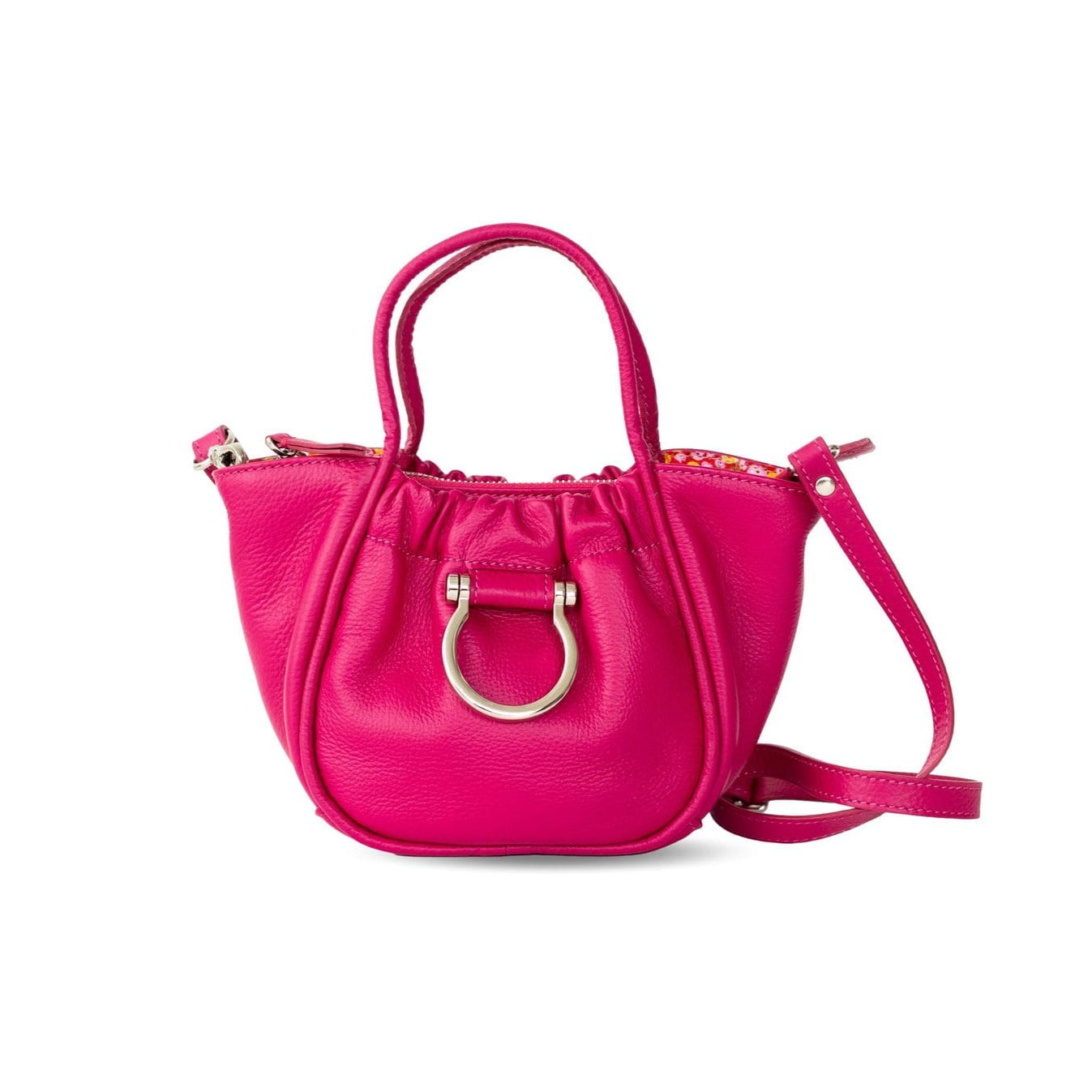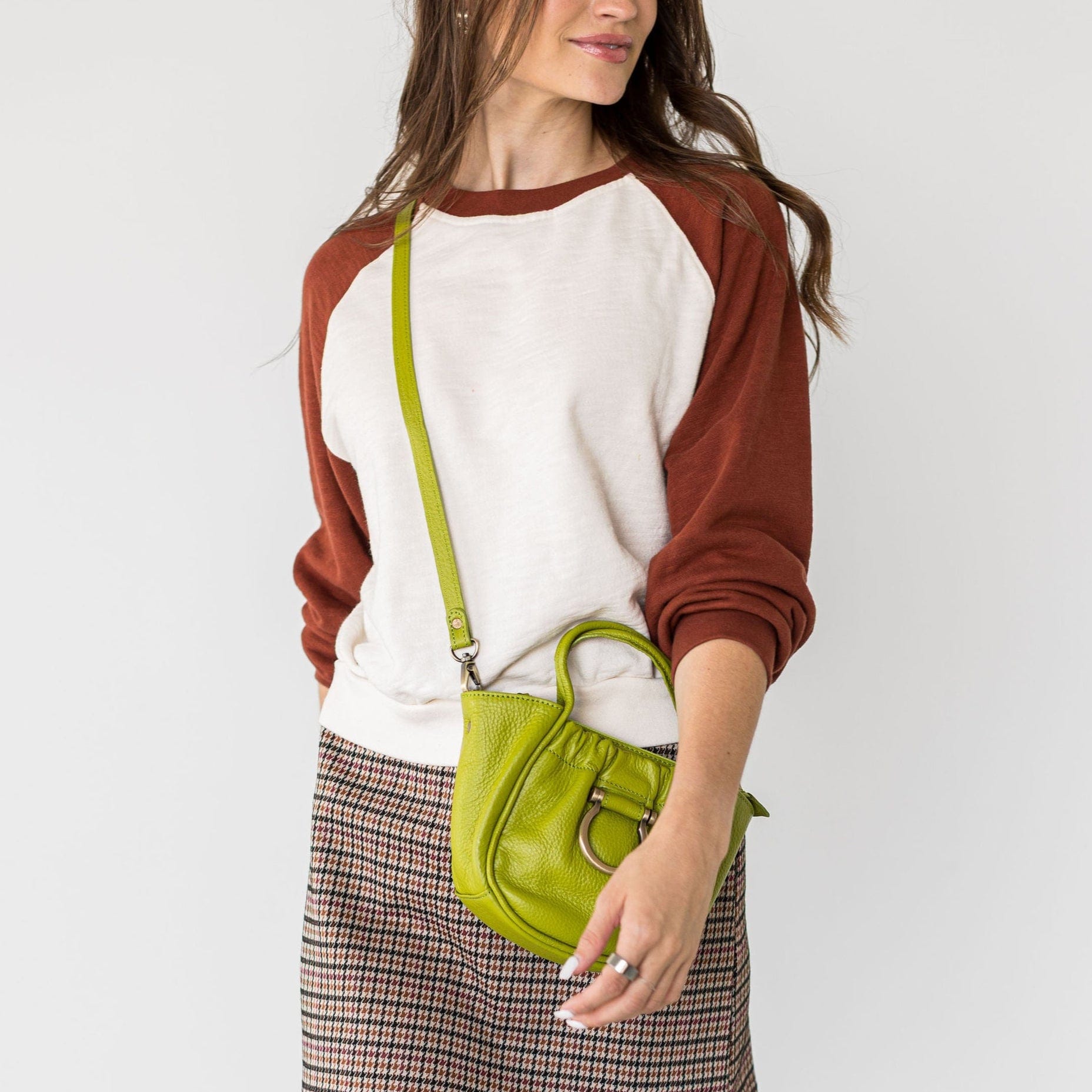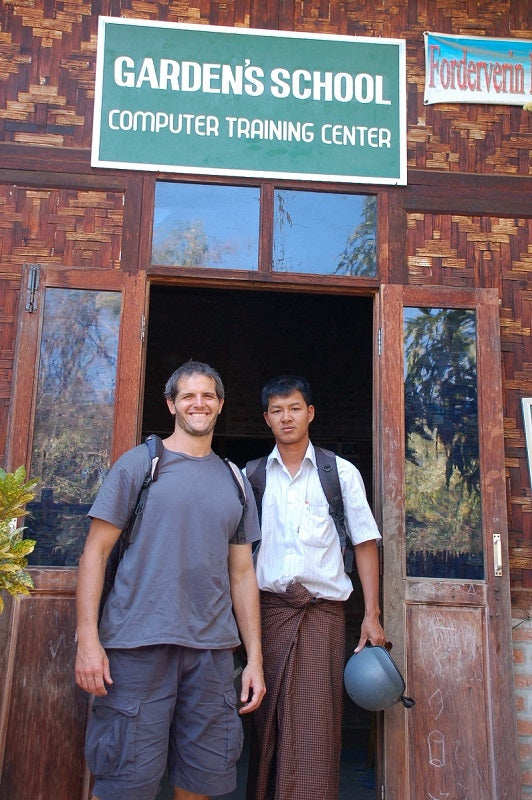There are always two sides of the ‘fair trade’ coin. When we talk about fair trade, we talk about the impacts for both the artisans and the consumers. Fair trade is about empowering consumers to make smart buying choices that positively impact others, and about empowering artisans to work in safe conditions and for a fair wage on which they can support a family.
But let’s start by first asking ourselves a different question, more moral in nature: when is it okay to do things unfairly or unjustly?
Our answer? Never.

So why do businesses get a pass? Many businesses choose to outsource creation to other countries to take advantage of cheap labor and lax laws on workers’ rights. This unethical choices promote inexpensive fast fashion, which is poorly made and quickly thrown away by many consumers. Ultimately, in these situations, the artisans suffer. Since when is that something we support as a society?
As adults, we teach our children and future generations the difference between right and wrong, and to treat others as you would like to be treated. However, when we use our purchasing power to buy from companies that exploit workers around the globe, it seems that our moral compass is off. Why, as adults, do we not follow the same rules we strive to impart to our children?
Of course, there is a gray area on what is ‘fair’ and ‘unfair.’ That’s why, here at Sapahn, we employ a few basic principles to determine whether our work is fair to both consumers and artisans.
All of our artisans determine their own wage and price for their work.
They know best what it takes to create using their traditional skills, so why not put the power in their hands and let them decide what their work is worth? This ensures worker participation and involvement, which ultimately makes the playing field as fair as possible and allows artisans to recognize and fight against their own exploitation.
Artisans have freedom over management and scheduling.

We make agreements with artisans and we uphold them.
We pay our artisans upfront
We offer to pay our artisans 50% of the order upfront and the other 50% once completed. Many of our artisan communities have surpassed the need to take advantage of this opportunity, and they prefer a lump sum of money on completion of their work. They tell us it is more satisfying this way.
People think of fair trade as the pinnacle compared to the ceiling: something to strive for, but not always the main priority. Here at Sapahn, however, we believe it should be the minimum standard, or the floor. Our goal is to make that the norm for business and the standard for consumers everywhere.

From a consumer’s perspective, purchasing ‘fair trade’ helps you know that your purchase in enhancing the life of another person, rather than exploiting it. Customers who purchase Sapahn know how their beautiful things were made and who made them, which builds a bridge and creates a more global community.
When consumers don’t know where or how your products are made, your assumption is that the artisan’s working conditions are good. However, we all know too well this is rarely the case. There are many great resources and documentaries that expose exploitive conditions and the brands that are silent on who and how they products are made. Your job, as a responsible consumer, is to research companies and choose to buy from those who support human rights, not work against them.
Have you ever sat back and asked yourself why businesses get away with unethical business practices, like not paying people fairly or not providing safe and secure working conditions? Often, these businesses are preying on the weak - those who don’t have a voice and have no other alternative options to turn to. In these circumstances, artisans must stay silent in order to support themselves or their family. When I put myself in the shoes of these voiceless artisans, I can’t imagine how helpless and humiliating it would feel.
By shopping ethical fashion and fair trade products, you are not only supporting people, but you are also supporting good business practices. These same practices can be simplified to the level of what we teach our kids: treat others how you’d like to be treated. It’s not that complicated, but yet it’s so EMPOWERING.
Shopping fair trade dramatically impacts our artisans’ lives, and empowering others begins with you. By working to make fair trade the norm in international business, we can eliminate worker exploitation and celebrate the gifts of people around the world.
Let’s change the tide of business practices. Let’s make this the norm. Let’s treat people fairly.
Because it’s the right thing to do.

